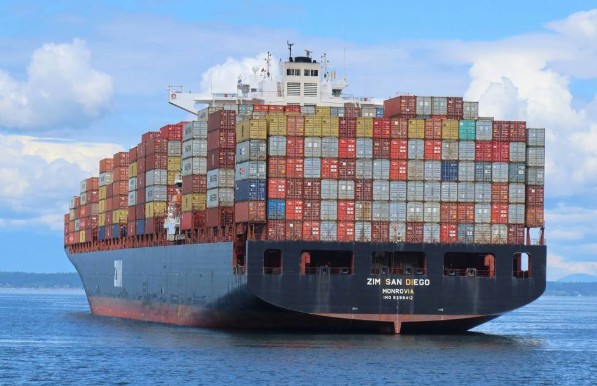Trump Tariffs Spark Retaliation from Mexico, China, and Canada

U.S. President Donald Trump’s recent tariff orders targeting imports from Mexico, Canada, and China have ignited strong reactions and retaliation from these key trading partners. One of the most significant changes in the new tariffs is the suspension of a duty-free exemption for low-value shipments below $800. This exemption, previously used for a wide range of goods, has been increasingly seen as a loophole, particularly for shipments of fentanyl and its precursor chemicals entering the United States.
In response to the tariff actions, leaders from Mexico, China, and Canada have expressed their concerns over the potential impact on their economies and trade relations with the U.S. Specifically, the U.S.-Mexico border business community has raised alarms about the potential disruption to cross-border trade, which plays a crucial role in local economies.
The suspension of the low-value exemption, which previously allowed for easier and less costly trade of smaller shipments, is expected to affect a wide range of industries. While the measure aims to tackle illegal drug imports, such as fentanyl, it could also place a significant burden on legitimate businesses that rely on the ability to send low-value shipments across borders without hefty tariffs.
With the tensions rising between these nations, the impact of Trump’s tariff policies on U.S. foreign relations and domestic industries continues to unfold. Trade experts and business leaders alike are closely monitoring how these tariff changes will influence the global supply chain, cross-border commerce, and U.S. industries dependent on international trade.
Retaliation from China, Mexico, and Canada could result in additional tariffs or trade restrictions, potentially leading to a broader trade dispute. As this situation develops, it will likely have far-reaching consequences not just for these nations, but for the global economy as well.
